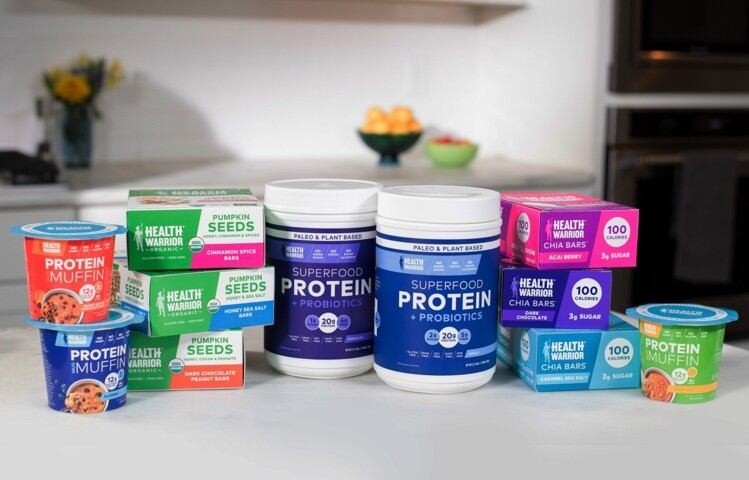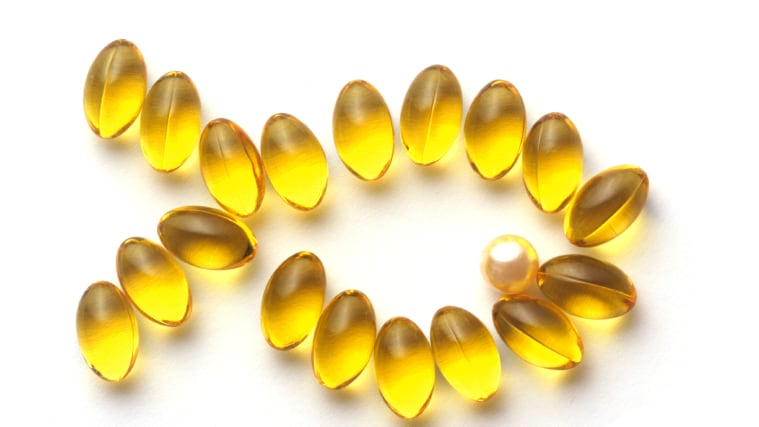Consumers are more in tune with their personal health and wellness than ever before, which is why smaller companies that make products positioned to help consumers boost physical performance are a boon to legacy packaged goods companies, market research analysts told us.
Case in point, PepsiCo acquired seven-year-old company Health Warrior yesterday, a company specializing in snack bars with chia and pumpkin seeds as their main ingredient. Earlier this year, Health Warrior entered the supplement space by launching plant-based protein powders enriched with Ganeden’s BC30 probiotic.
By acquiring Health Warrior, PepsiCo expanded its footprint in the protein and probiotic categories—it already has a line of protein bars and powders under the Gatorade brand, and a line of probiotic drinks under Kevita.
- Exclusive interview with Health Warrior CEO Shane Emmett about superfoods, plant protein, and why Americans need more prebiotics (Published Oct. 10 2018)
“We tend to think of products like chia seed, prebiotics, and probiotics as niche, but they really aren’t anymore; you can find chia in a wide variety of packaged foods, and both pre- and probiotics are heading in that direction, too,” Keena Roberts, senior analyst at market research firm Euromonitor International told us.
PepsiCo’s acquisition reflects the trend in which CPG giants snap up smaller companies that make functional food and beverage products with a short ingredient deck; think Kellogg’s acquisition of egg white protein specialist RXBAR last year or Coca-Cola’s minority stake in coconut water-based sports drink BodyArmor this summer, structured to lead to a full acquisition.
What’s a ‘functional food’ anyway?
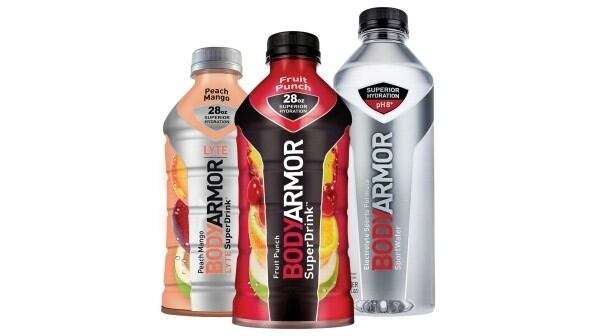
Coca-Cola bets on coconut water-based sports drink brand BodyArmor
16-Aug-2018 By Adi Menayang
Riding on the ‘clean label’ sports nutrition movement, beverage giant Coca-Cola announced that it is acquiring a minority stake in BodyArmor, structured to lead to a full acquisition.
The US Food and Drug Administration (FDA) says that, though the terms ‘functional foods’ and 'functional beverages' are widely used in the marketplace and regulated under the Federal Food, Drug, and Cosmetic Act, they are not specifically defined by law.
Generally, the term is used to describe food and beverage with added benefits or fortified with additional ingredients. The Institute of Food Technologists defines it as “a typical food that has specific nutrients added to it, like vitamins or minerals, fiber, or probiotics or prebiotics. In general, this includes anything added for a specific functional purpose.”
Meanwhile, the Academy of Nutrition and Dietetics argues that all food is functional “as they deliver physiological benefits including protein for muscle repair, carbohydrates for energy or vitamins and minerals for cell function.” Hence, the term can be used to describe conventional foods, modified and fortified foods, medical foods, or foods for special dietary use.
Trade group Council for Responsible Nutrition (CRN), which describes itself as a representative for functional food manufacturers in addition to dietary supplement makers and ingredient suppliers, defines it as “any product properly labeled as a food under the federal Food, Drug, & Cosmetic Act that is formulated specifically to increase the intake of nutrients or other compounds and for which the manufacturer makes structure/function or health claims in its labeling.”
“I think it is newsworthy that we see companies that have historically been in the business of snack products that include lots of sugar, salt, fat, and artificial ingredients (chips and soda) invest in products that are essentially the polar opposite,” said Duffy MacKay, CRN’s senior vice president of scientific and regulatory affairs.
He doesn’t think Health Warrior’s protein bars and microwaveable muffins are necessarily functional foods because the products appear to be marketed based on high nutrient density, “real” ingredients, clean label, and healthy convenience. But he added that “it is more evidence that yesterday’s hippy health food products are today’s soccer mom/dad snacks. And I think it’s great.”
The appeal of ‘performance nutrition’
As soda sales continue to wane, the functional food space may be a new battleground for PepsiCo and Coca-Cola to attract consumers.
“We continue to position ourselves at the forefront of changing consumer preferences and trends. This acquisition helps us increase our presence in the nutrition bar category, which is an attractive growth space,” Al Carey, CEO of PepsiCo North America, said in a press release after the Health Warrior acquisition.
“Consumers are interested in products positioned specifically for them and the activities they pursue,” Euromonitor’s Roberts said.
“There’s a trend toward a more complete view of wellness even beyond athletics,” she added. “So the idea of building on the benefits that exercise provides and taking it through the rest of the day is more appealing, as well as the idea that as soon as you leave the gym, your body needs to begin healing so you can do it again tomorrow.”
That means protein- and ALA-rich chia seed bars may take the 3 PM desk snack spot that potato chips once had.
“Consumers are more in tune with their personal health and wellness than ever before,” said Suzanne Martinez, creative director at InterbrandHealth, a global branding firm that focuses on healthcare.
“Perhaps this is a reflection of social media as a platform for self-promotion,” she added. “Or possibly consumers are empowered to take more ownership of their health due to the seemingly infinite sources for health information and data.”
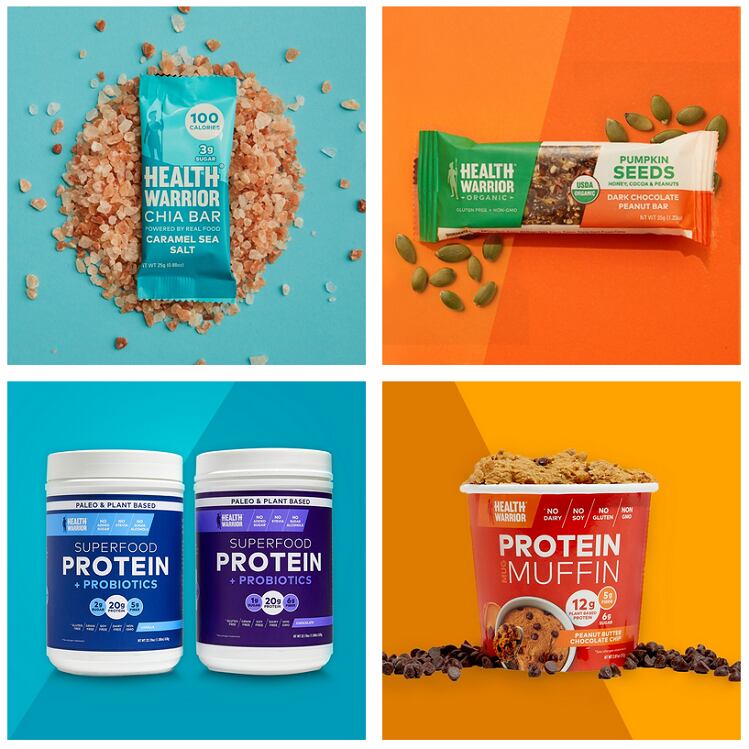
Protein powder, amino acids now more mainstream
Long gone are the days when protein-rich powders were reserved for the bodybuilding set and sold only at specialty supplement retailers. Companies old and new are embracing the average American consumer’s protein craze with a plethora of ready-to-drink-format protein sold at mass retailers and convenience stores.
And it’s not just protein anymore. Electrolyte and energy drinks like Gatorade or Red Bull are now competing in some convenience store chillers against amino acid and BCAA products by sports nutrition brands like Optimum Nutrition and BSN, which are aggressively trying to expand their RTD and RTE portfolios and grow their distribution footprint.
“The focus on personal health is driving a desire for enhanced personal performance, hence the appeal of performance positioned products by more people than ever before,” Martinez said.
“Legacy CPG companies as well as other disruptors to the health industry recognize this trend and are looking for opportunities to enter the (health) category and establish their credibility despite legacy products and portfolios that may contradict.”
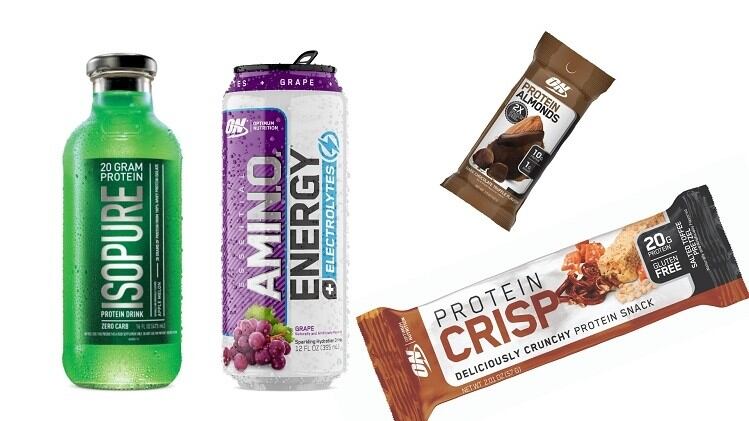
The future of legacy CPG companies
Dominic Leung, an expert in the nutrition and wellness industries and group strategy officer at branding firm Cognito told us that the desire for better performance either physically or mentally has “turned into a psychographic need, meaning it has higher order and crosses more demographic segments making it attractive” as a business opportunity for big CPG companies.
“Legacy CPG will evolve to stay relevant,” he added. “Lines will be blurred especially as these CPG brands switch from selling a product to curate an ecosystem of products that enable consumer desire. These new health brands need to do the same, they need to operate through a consumer's journey and not get caught up just selling the core product.
“Both CPG and these health brands have an opportunity to act more like a technology brand, meaning they don’t sell a product but an ecosystem of products for a way of living. These companies are also iterative, ecosystem driven, co-creative and disrupt the typical approach to better.”
So can we expect these functional food and beverage brands, now owned by legacy CPG companies, to replace the can of Coke or a bag of Lays chips as top performers anytime soon? Not quite, said Kurt Jetta, a consumer researcher and executive chairman and founder of TABS Analytics.
“The CEO of Campbell Soup blew herself up pursuing a strategy of buying these niche, better-for-you brands. They rarely (never?) gain the big volumes required for the Mega-CPG to stay interested in them,” he told us. “Pepsi seems to be doing a good job at keeping these emerging brands as separate operating entities to give them room to flourish (like Kevita and Naked).
"Legacy CPG brands still control 95% of the branded landscape in grocery, so they aren’t going anywhere. They command hundreds of billions of dollars of sales.”
Speaking of performance nutrition...

The inaugural NutraIngredients-USA Sports Nutrition Summit, in association with the International Society of Sports Nutrition, will bring together leading scientists, brands and retailers, market analysts, and innovators in a unique, market-leading face-to-face event.
The key themes of this event include:
- The “size of the prize”
- The power and importance of social media
- Positioning and differentiation
- Sports nutrition and the military - product use survey data and enhancing the performance of Warfighters
- The State of the Science: Sports, fitness and exercise Nutrition
- Sports Nutrition products and Elite Athletes
- Alphabet soup: Everything brands need to know about GMPs, NDIs, AERs, DASCA, SARMs…
- Bacterial boosts – The microbiome and sports
- Personalization and the digital revolution
- Nootropics & sports nutrition

